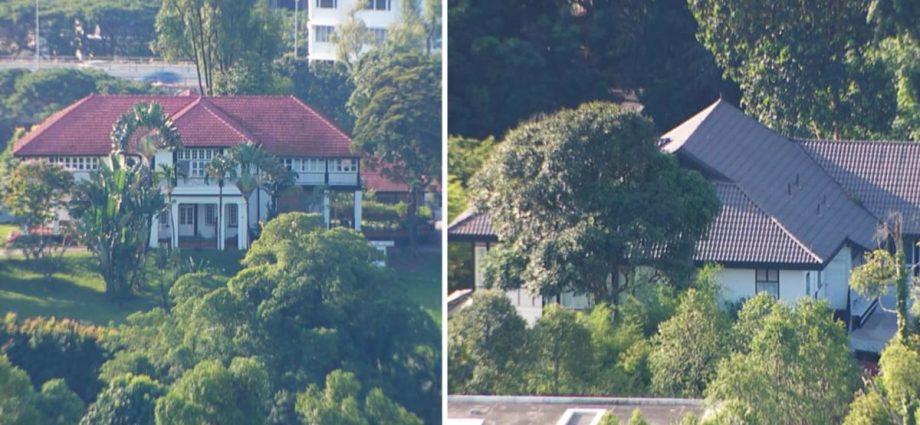
Some, concerned about income inequality in Singapore, view this as a divide between the “haves” and “have-nots” and question if ministers living in large bungalows “engender a picture of inequality”, in the words of MP Murali Pillai (PAP-Bukit Batok).
However, Mr Shanmugam argued that the empathy or ability to serve did not depend on how poor or rich one was. While that might be true, not everyone in society will necessarily view it the same way.
Yet, how our ministers and public servants conduct themselves is subject to public scrutiny, and decisions that may seem personal can be seen differently by the public. This cannot be avoided, especially when one is canvassing for votes to be an elected Member of Parliament.
Public servants should consistently exercise prudence and sensitivity in their decision-making, whether pertaining to personal matters or official responsibilities. This consideration is crucial in terms of optics and public perception.
There is a need to correct misperceptions that may undermine trust and confidence in governance. After all, these misperceptions can be maliciously used to spread unfounded rumours and speculate about the character of others.
But after the dust of proper conduct and conflict of interest settles on Ridout Road, it should also be a reminder that inequality is – and always will be – a hot-button issue for many societies.
As highlighted in the parliamentary debate, addressing inequality does not involve pulling down successful individuals; instead, it necessitates fostering social mobility and facilitating upward mobility for all.
Dr Felix Tan is a political analyst at Nanyang Technological University. He is co-author of Unmasking Singapore’s 2020 General Elections: COVID-19 And The Evolving Political Landscape, (Singapore: World Scientific, 2021).

